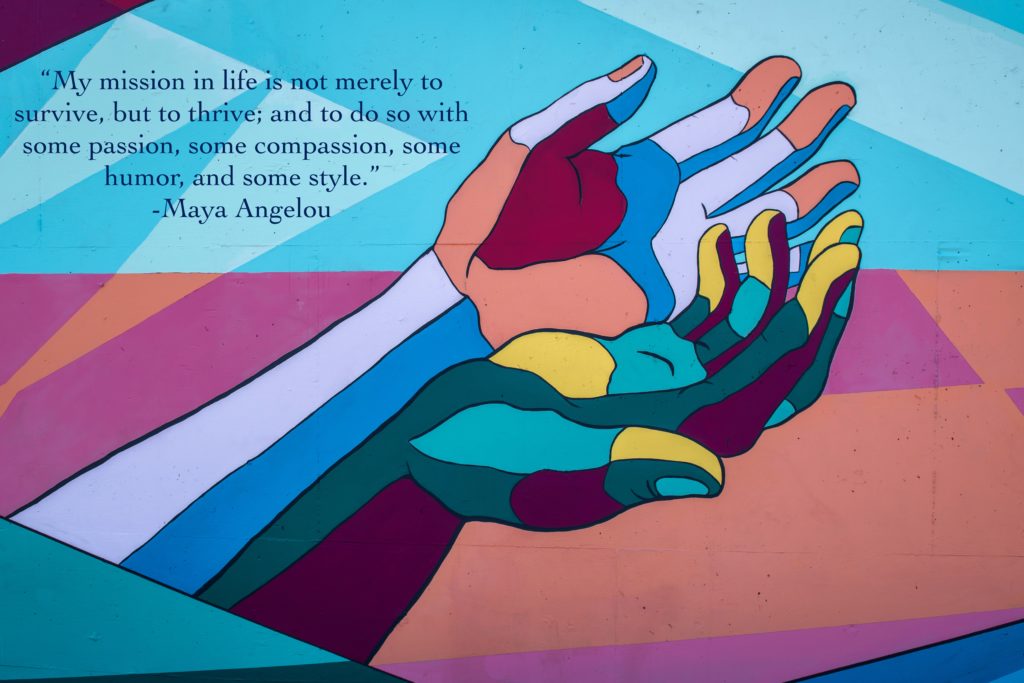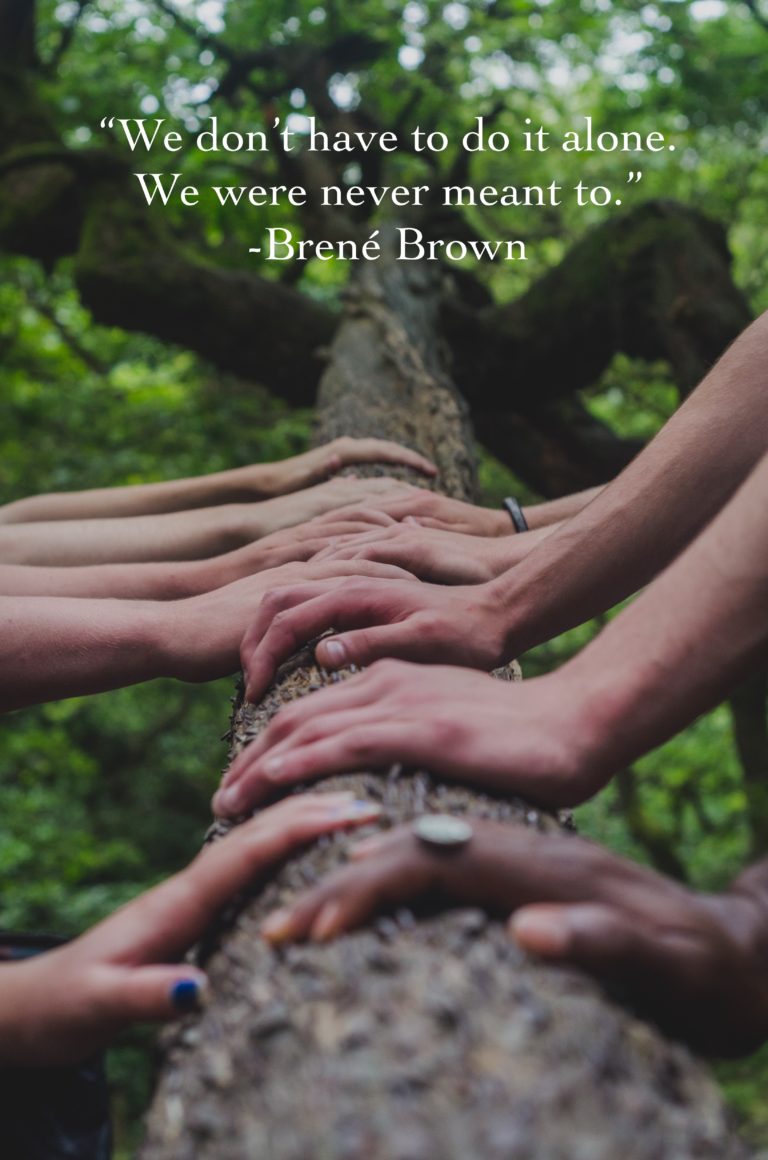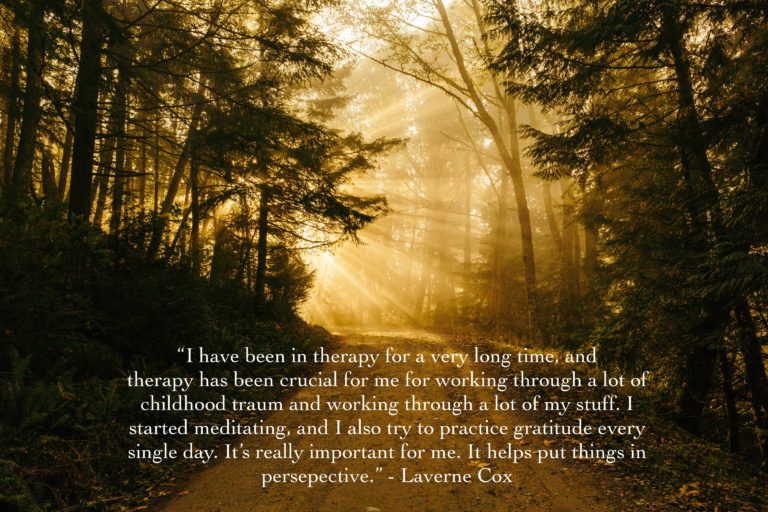I'm Considering Therapy.
Where do I Start?
A Guide by Two New York City Therapists
Ariel Hayat, LCSW & Mimi Tran, LMSW

Hello and welcome! I’m excited to announce that I’m partnering up with my dear colleague Mimi Train, to begin a series called “Conversations with Mimi and Ariel” where we aim to provide helpful information and share tools to support your mental health and over wellness.
Let's be honest. This past year has completely changed the way we live and experience life. Many of us have faced challenges related to work, family, and relationships, all of which have impacted our mental, emotional, and physical health. You may be finding that your existing strategies to care for yourself no longer work and you are feeling more tired, anxious, isolated, and overwhelmed. Whatever your reasons are, we are glad you are here and we applaud you for taking the first step toward living your best life.
To kickstart this series, Mimi and I will answer some of the most common questions we hear from our clients in consultation calls: What is psychotherapy/therapy? Does it help? What should I expect from my therapist? By answering these questions we hope to provide some transparency about the therapeutic process and help you find the right therapist.
What is Psychotherapy?
Mimi: People seek psychotherapy for many reasons. Some clients want to take care of their mental health better, understand themselves and grow, navigate important life transitions (career, relationships, immigration, etc.), heal from trauma, chronic pain, and more. Therefore, the process of psychotherapy varies greatly depending on a client’s goals and needs. Traditionally, psychotherapy is grounded in dialogue to help clients examine their thoughts, emotions, and behavior, gain insights, and make meaning and changes in their lives. Nowadays, psychotherapy still retains these aspects but also has grown and evolved to include neuroscience research and various evidence-based treatments to help clients manage complex mental health challenges, increase emotional regulation, and create long-lasting behavioral changes.
As trained trauma-informed therapists, both Ariel and I believe that our mind, body, and nervous system are interconnected. We incorporate a variety of mind-body-based psychotherapeutic practices in our sessions.
In addition, our backgrounds as social workers enable us to be aware of how complex cultural, social, political, and economic systems impact our clients’ lived experience, access to resources, and therefore their mental health.

Do I Need Therapy?
Ariel: Life is full of challenges and presents us with many stressors. We believe that taking care of your mental health is just as important as taking care of your physical health. Many of us are just trying to make it from one day to the next, and there is a vast array of circumstances that can cross our path—difficult family dynamics, challenging relationships, workplace stress, mental health challenges, trauma, insomnia, addictions, violence, and more. Especially now, during COVID-19, our worlds have been turned upside down and our futures are unstable as we try to move forward and create a sense of normalcy for ourselves. Therapy can help you understand your patterns and learn which relationships and environments are no longer working for you, while imagining and creating a life where you are not only surviving but thriving. What things would you like to change in your life? What future do you imagine for yourself? A therapist can help you get there.

How Do I Know if a Therapist is a Good Fit For Me?
Ariel: Finding the right therapist for you can be hard. You have many unique experiences and identities that make up who you are, and sharing that with someone you don’t know very well is not an easy task. Taking a step forward and asking for help can be scary on many different levels, especially if your previous experiences of being vulnerable have been met with rejection and hurt. This is why having a therapist who you feel comfortable with is a number one priority.
Safety, comfort, and trust are all important in your relationship with your therapist. When you first reach out to a therapist, take a few minutes to reflect on how you feel before, during and after the session. When you end a session, do you feel like you were understood and listened to? Does your therapist understand the complex and intersectional nature of your identity and lived experience? During your work together, you will most likely explore very personal aspects of your life that bring up complex emotions and memories; having a therapist that can listen deeply, hold a safe space, and understand your experience is key. Many therapists specialize in serving specific populations and address particular mental health challenges; keep an eye out for therapists who have knowledge and experience of your own lived experience. I specialize in working with folks with relationships challenges and family conflict and Mimi is passionate about working with the Asian American Pacific Islander communities.

I'm Still Unsure About Therapy, What Should I Do?
Mimi: Ultimately therapy is about taking steps to care for your mental, emotional and physical well-being, while growing and becoming a better version of yourself. Be gentle with yourself, set aside some time to feel grounded, and reflect on areas you want to change in your life. We want to provide you with a few resources below.
We always encourage you to take a few minutes in your busy day to connect body and mind. Ariel and I have recorded two short mindfulness activities for your self-care. We also offer a short journaling exercise for you to reflect on where you are now and what changes and growth you want to see in your life.
Finally, many therapists (including us!) offer a free 15-minute consultation to answer any questions you may have. Feel free to reach out to us!
